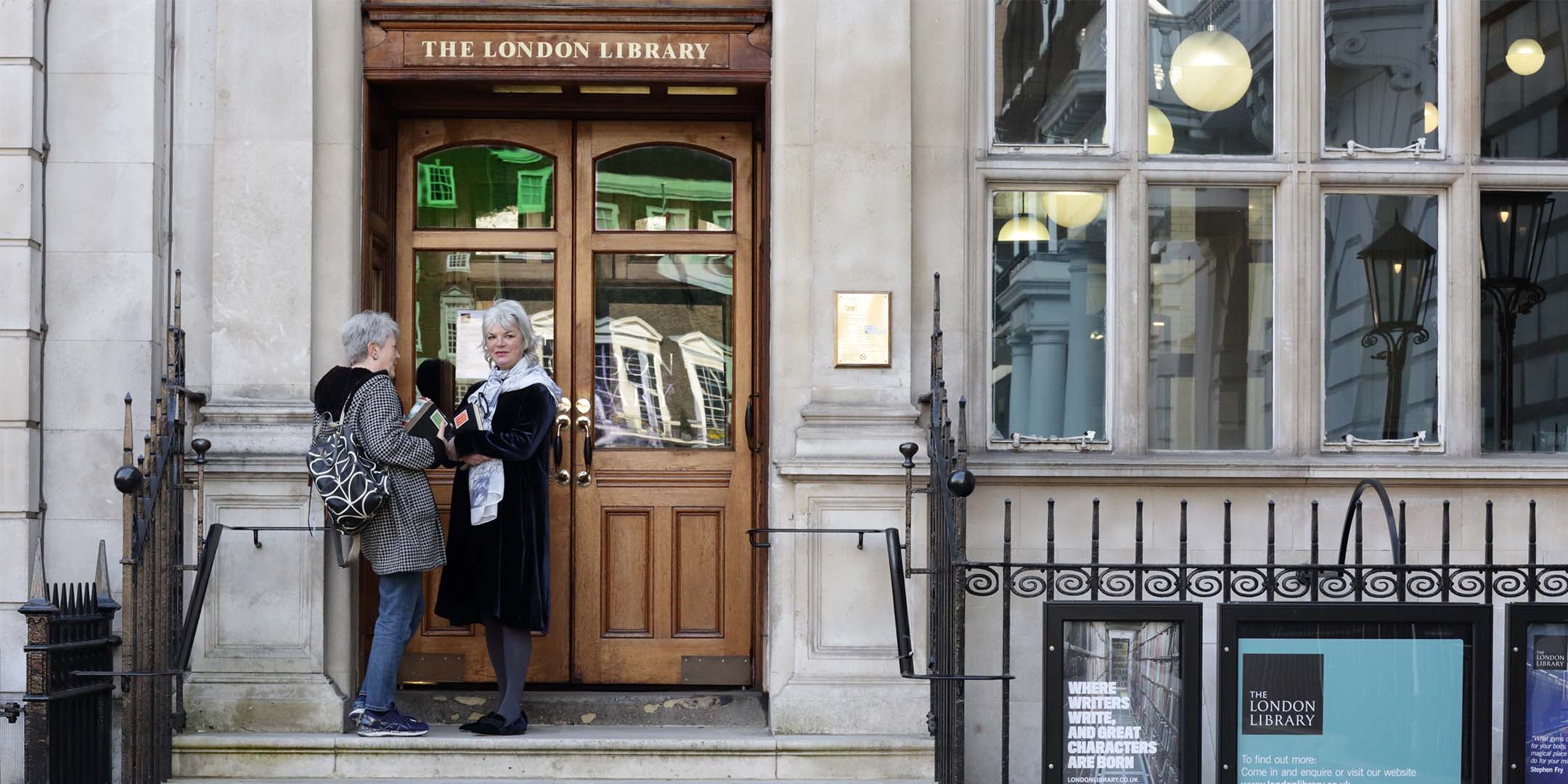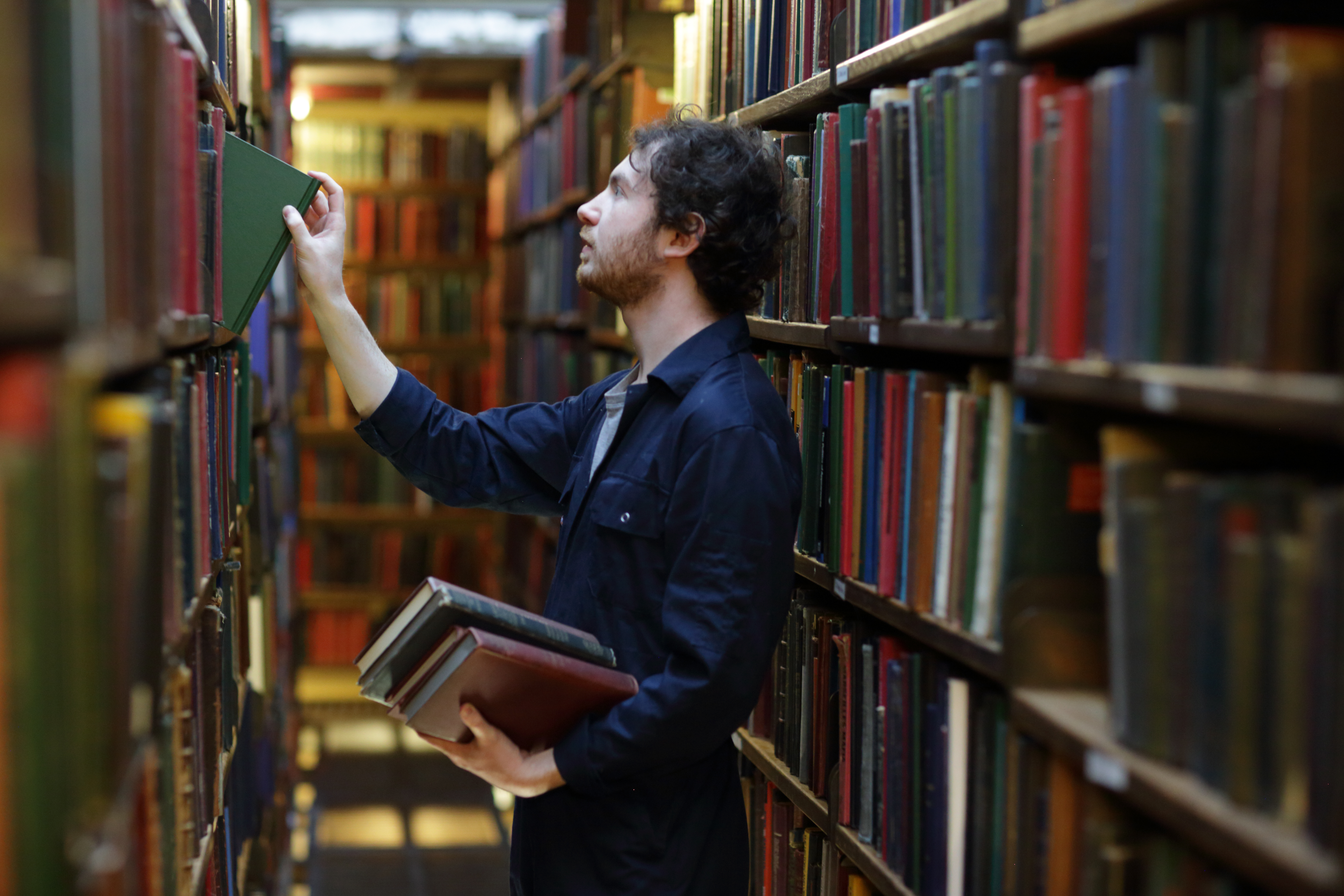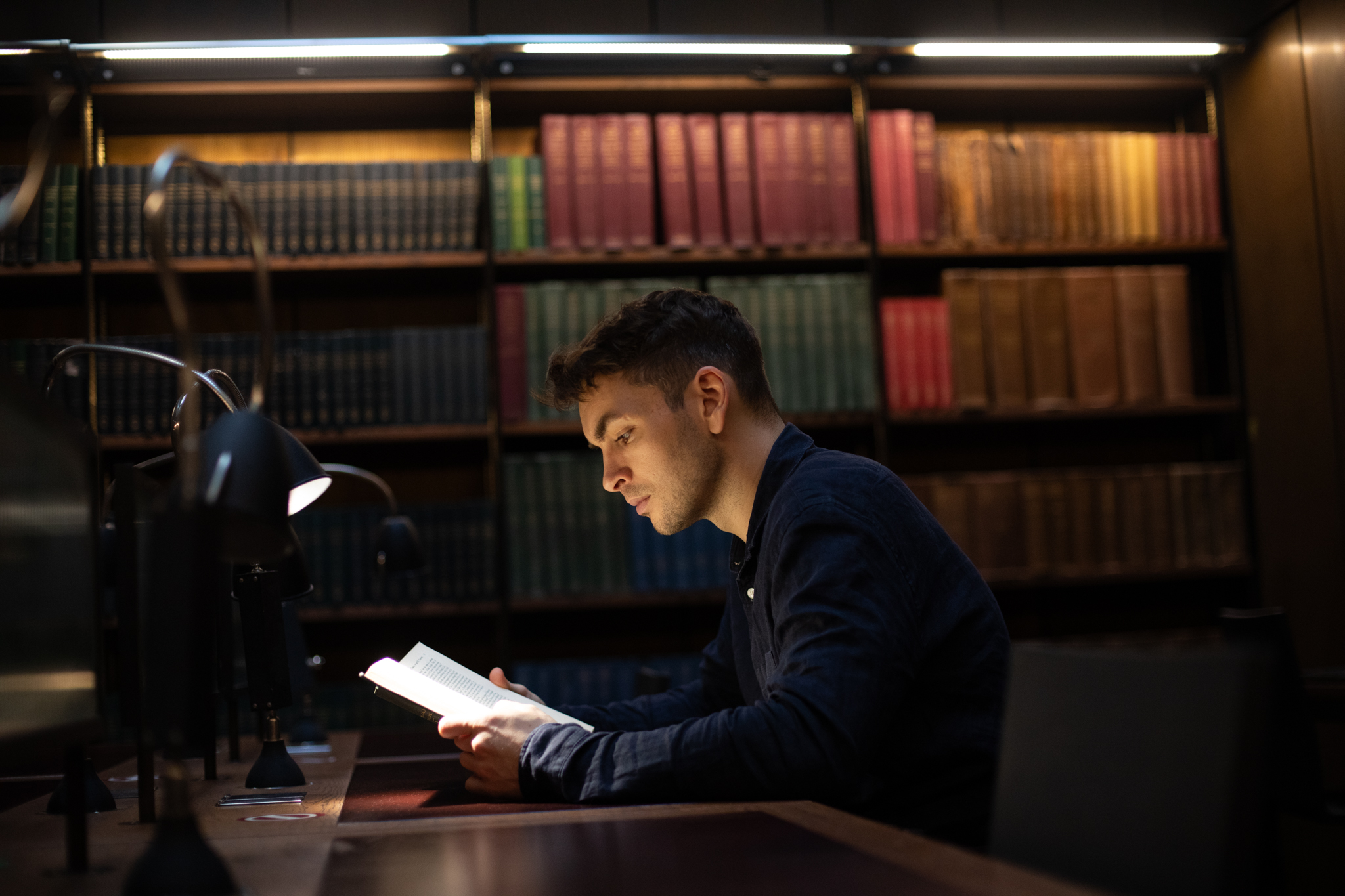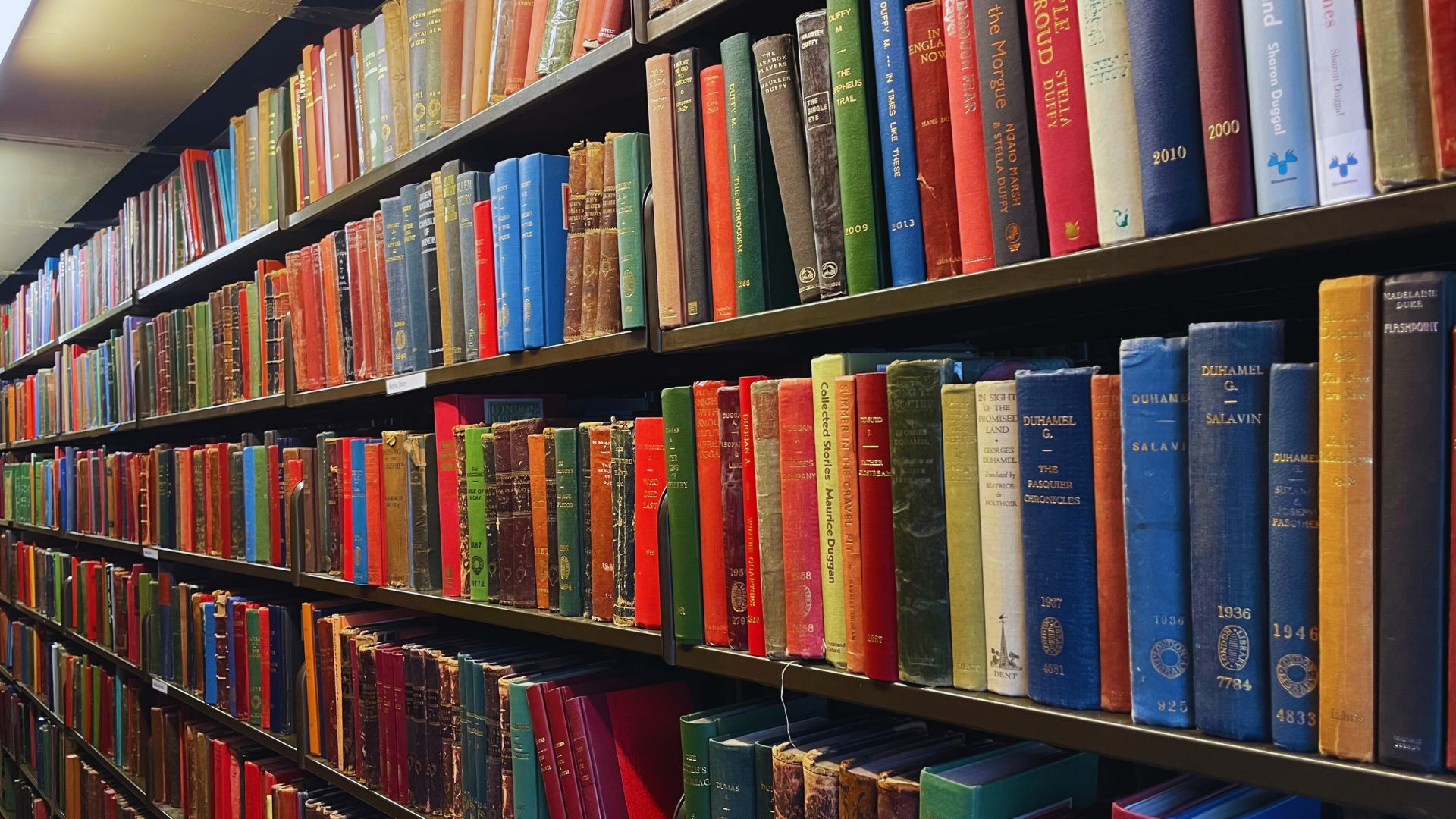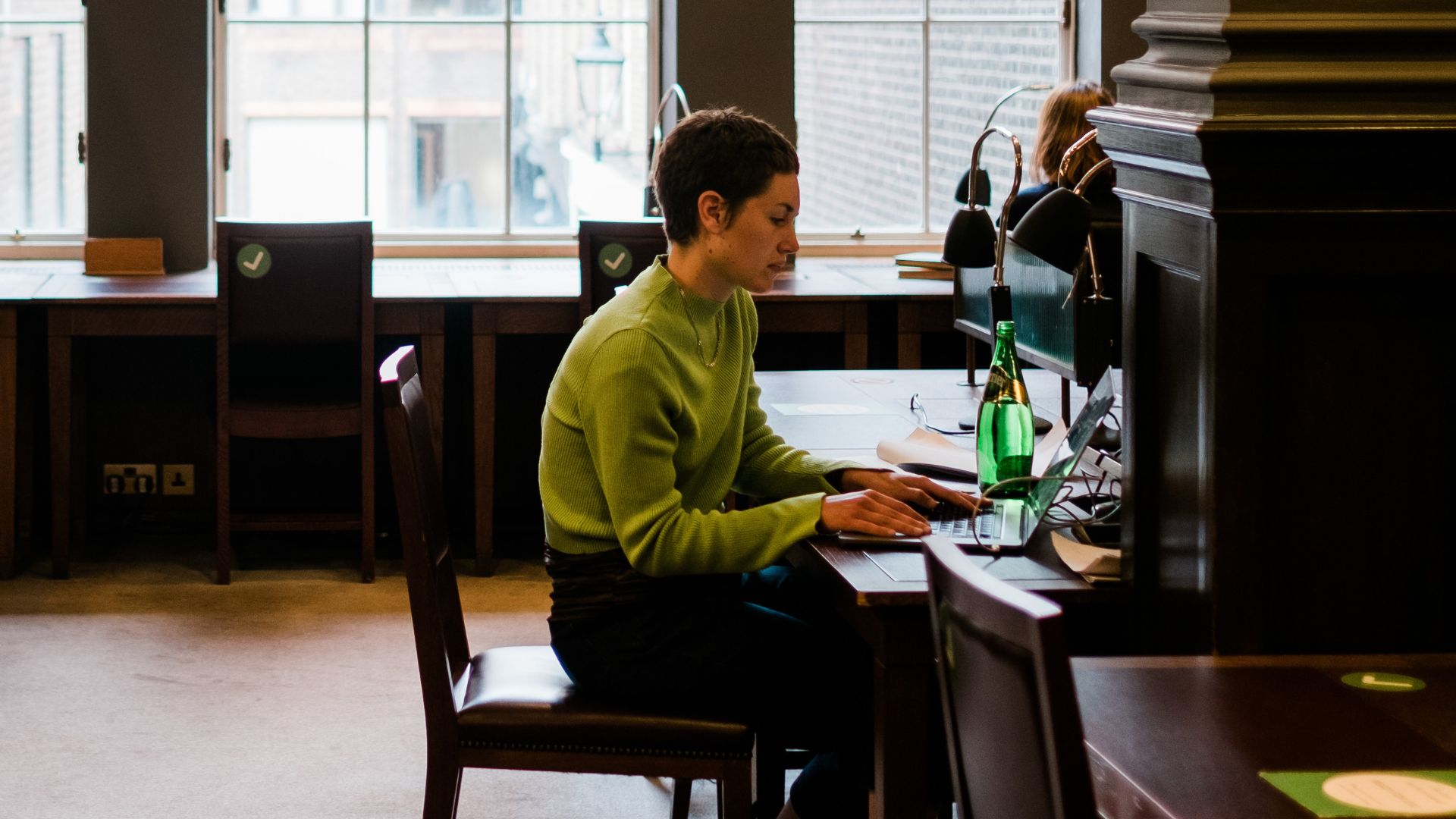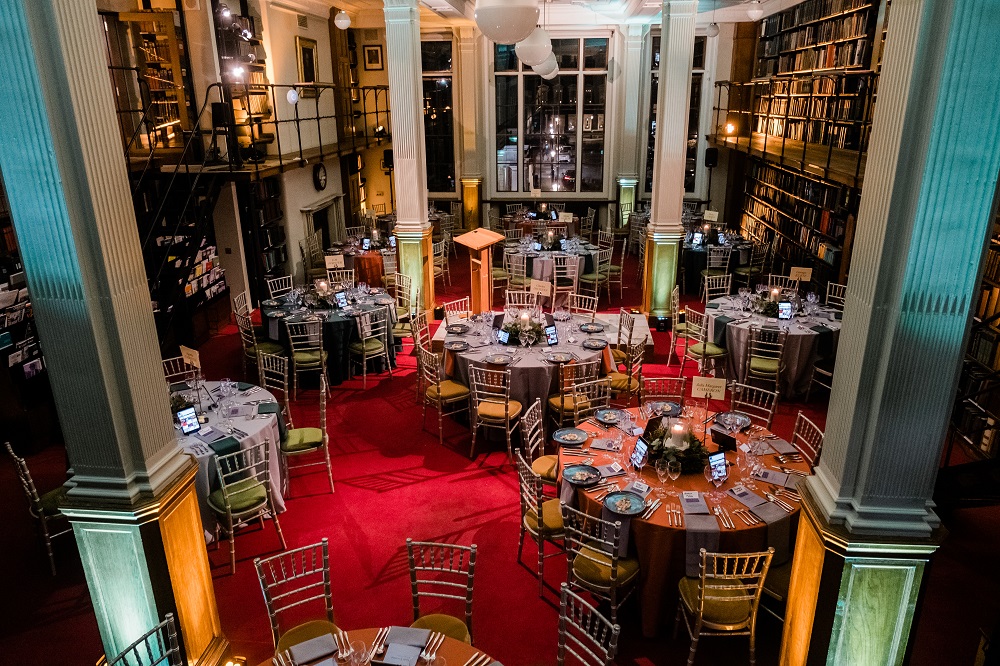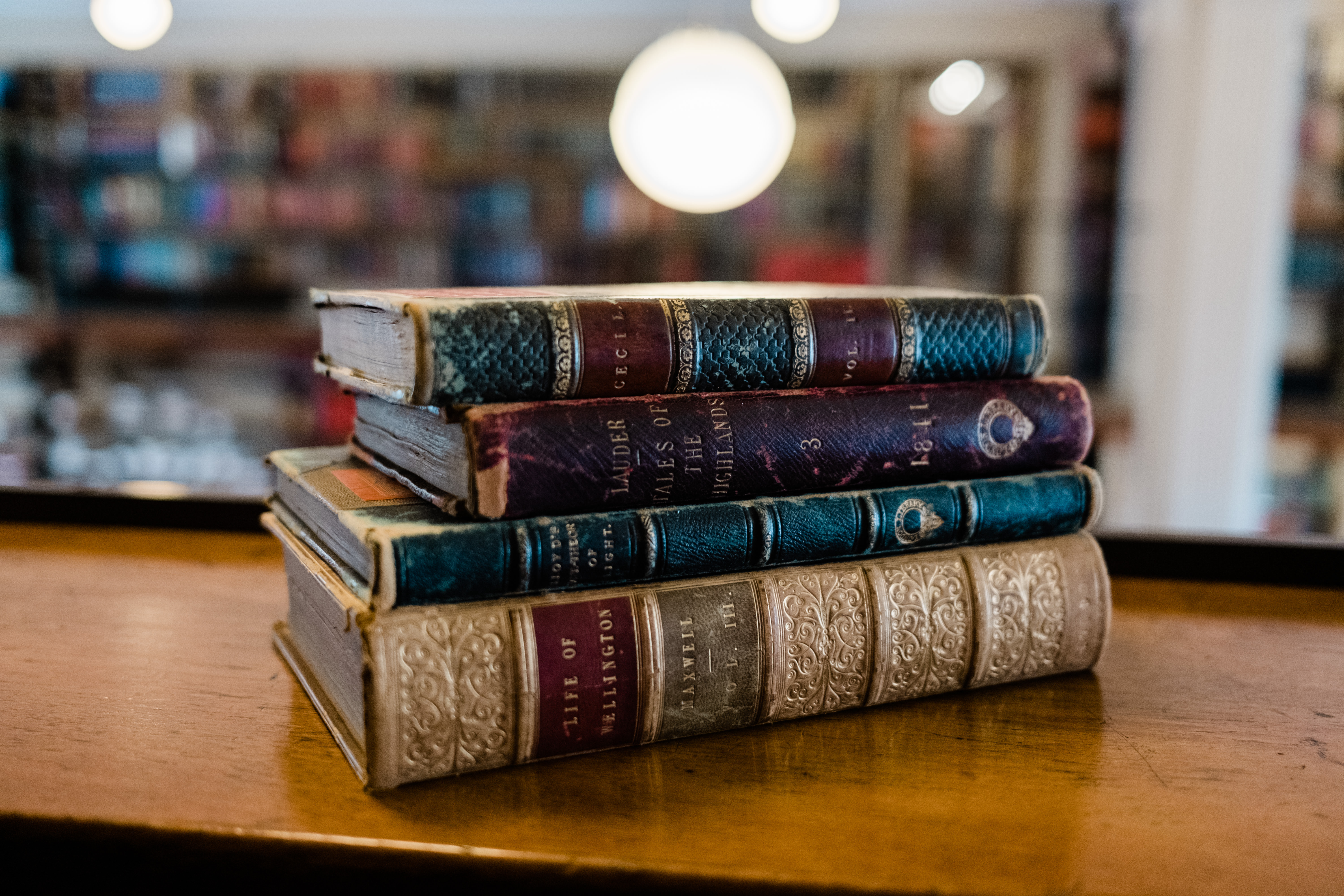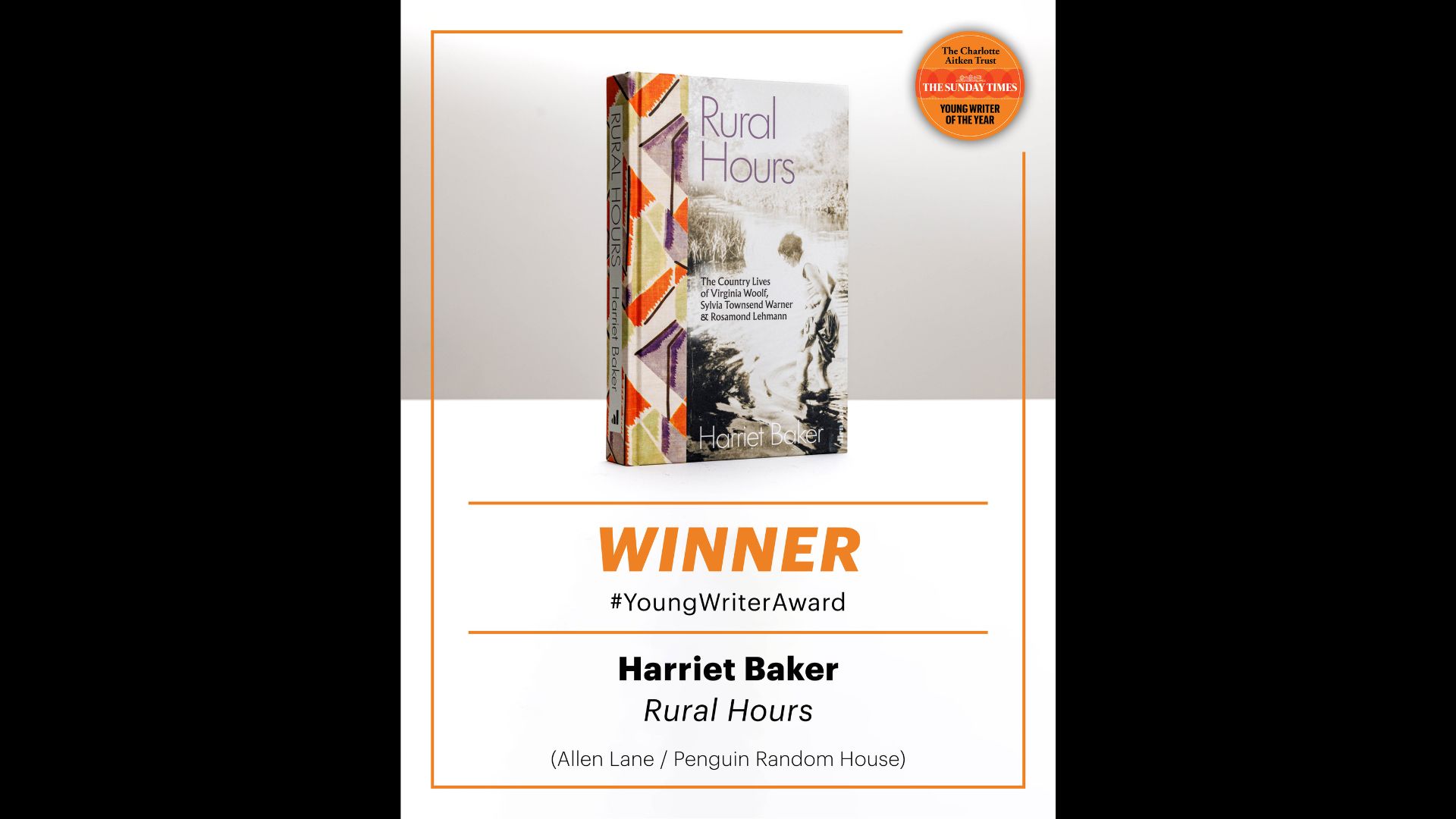There is a hidden postscript to the story. A gem, not mentioned in the radio play, but preserved on an EMI recording of a theatrical event, billed as “A Homage to T.S. Eliot” which took place at the Globe Theatre on June 13 1965, five months after Eliot’s death. It is on the stage, fittingly enough, that Groucho gave his final and wonderfully vaudevillian tribute to the poet – and it brought the house down.
A plush twelve page programme remains of the event. Poems selected by W.H. Auden were read by iconic actors. Laurence Olivier read Little Gidding and Peter O’Toole, The Love Song of J. Afred Prufrock. Introitus, Stravinsky’s musical memorial to Eliot, opened proceedings; a Henry Moore sculpture graced the stage and Bridget Riley provided stage projections for the event. Sandwiched on the programme betweenThe Waste Land and Sweeney Agonistes is Groucho reading from Old Possum’s Book of Practical Cats. It was not Groucho’s rendition of the poem that stole the show but his impeccably-timed preamble which punctured proceedings with peals of laughter from the audience:
“There’s an old vaudeville story about a man who was about to be hanged and they had brought him out on the scaffold there, and put the rope about his neck and the minister in the prison said ‘Have you any last words before we spring the trap?’ and the thing was kind of shaky, and he looked up and said ‘Yes I don’t think this damned thing is safe’. That’s precisely how I feel coming out here tonight surrounded by all these great actors.”
With self-deprecating wit Groucho went on: “You see I never knew what an anachronism was until I was invited to appear on this show” and on the crest of applause before starting to read Gus: The Theatre Cat he warned with deadpan relish: “After I recite this you will realise what Mr Eliot meant by Murder in the Cathedral.”
In capitals on the front of the programme is the statement “THIS PERFORMANCE IS FOR THE LONDON LIBRARY”. T.S. Eliot joined the Library in 1918, four years before he published The Wasteland. He became the Library’s President in 1952, four years after he received the Nobel Prize in Literature for Four Quartets. He served as President until his death in 1965 and was at the helm during a particularly precarious financial period for the Library after a change in its tax status left it grappling for survival. For me Groucho’s is the standout performance on the EMI recording: it is easy to see why he was so revered by the 20thcentury’s most influential poet.

With music by Stravinsky, sculpture by Henry Moore, and poems selected by W.H. Auden and read by Laurence Olivier and Peter O’Toole, the Homage to T.S. Eliot which took place on June 13, 1965 was an impressive affair. Note at the bottom of the programme that the performance was “for the London Library”.

